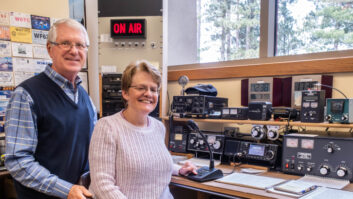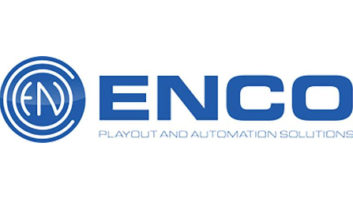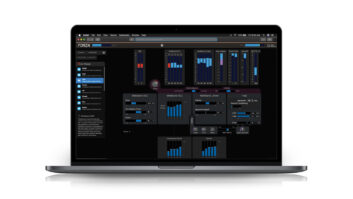Remember the first time you realized that a banner ad for a product was following you from website to website? I was impressed. I had never witnessed such perfect personalized advertising. Not surprisingly, however, most non-marketers were a bit creeped out.
It was 1995 and a new cute term was all the buzz. Maybe the word itself was supposed to keep the public calm. After all, how malicious could a “cookie” be?
But wild rumors flew about these so-called “cookies.” Some people claimed cookies could scan your hard drive and steal your credit card.
The industry went into action explaining that while cookies are stored on a user’s computer, they were not executable programs. While most users relaxed, others formed privacy groups. Cookie blockers arose and, finally, a user’s acceptance of cookies became required via a pop-up.
For more than 25 years, third-party cookies became the engine behind the digital advertising industry’s success by gathering extensive profiles of unique users, including locations, purchases, interests and so much more for use in re-targeting ads.
Hit those streets
After continued global pressure, in 2023 Google will finally be eliminating third-party cookies in its Chrome browser.
The much less-frequented Firefox and Safari browsers have already said sayonara to cookies.
What’s the impact to radio in general and to your website specifically, once Chrome kicks cookies to the can?
As dramatic as third-party cookie elimination sounds, the acceptance rate by the user has continued to drop to the point where many sources say fewer then 25% of users agree to accept them anyway.
Plus, first-party cookies aren’t going anywhere. This is important because first-party cookies — the ones served from your website — remember what your users are doing, so they provide a better experience.
Rest assured that first-party cookies will continue to give you analytics that show the user journey through your site, enabling you to optimize content.
[Related: “PILOT Program Explores Digital Engagement“]
Google’s cookie replacement solution for advertisers is their “privacy sandbox.” Google says this tool will permit advertisers to publish to targeted audiences without having the same amount of user data. How this will work is still not entirely clear.
To add to the drama, ad agencies are already accusing Google of leaning further into ways of manipulating first-party cookies, which will live on the browser. Meanwhile, agencies are recommending that advertisers collect as much first data as possible on their customers, and to use as much of this data as possible to personalize the on-site experience.
Do you understand what’s happening here? Advertisers, especially those local to your city, are going to be concerned and confused, just like you may be now. Understanding this evolution in digital advertising requires attention and time, so I suggest your sales staff learn the basics and start the conversation with clients.
Because radio sales reps have direct and personal relationships, they are perfectly positioned to be perceived as media experts. Just as importantly, there will be a window when advertising budgets are in flux and this is a perfect opportunity to remind your local retailers how terrific radio is at driving actual sales on the local level.
So, arm each of your account executives with a plate of real cookies and start making in-person sales calls!












